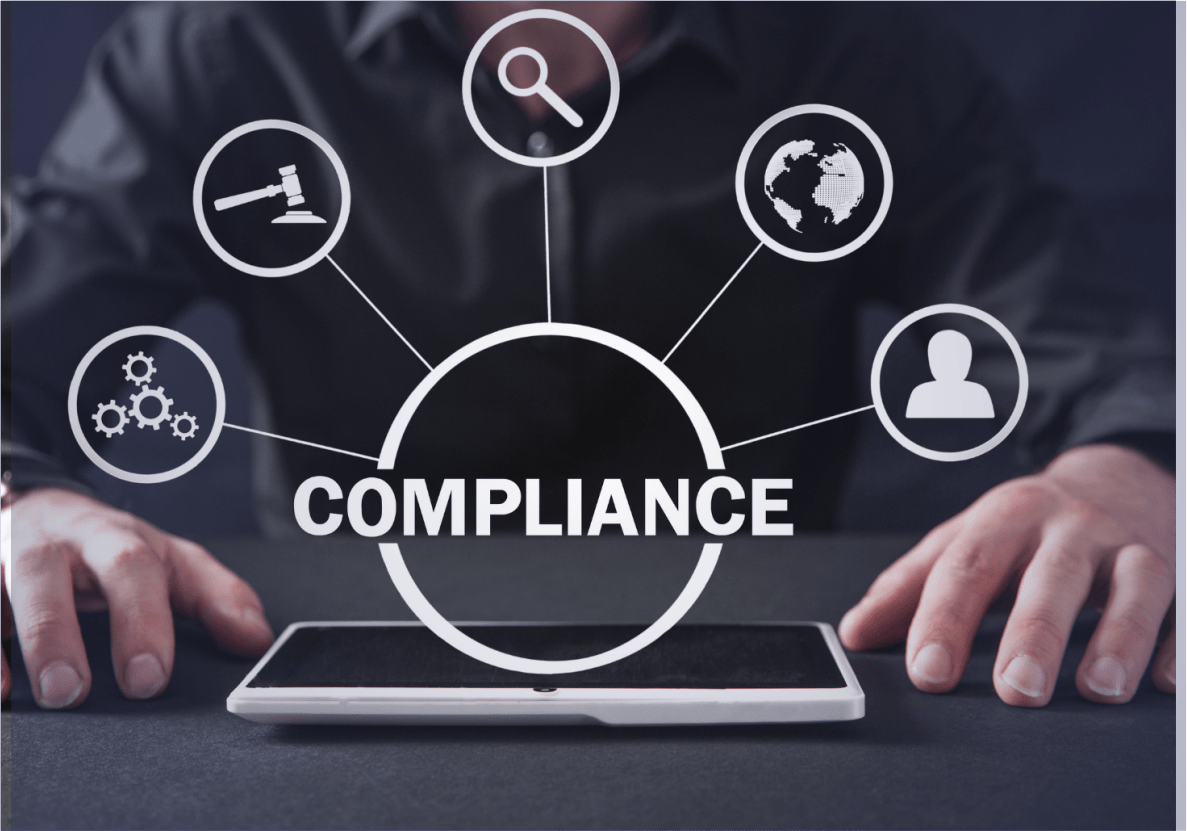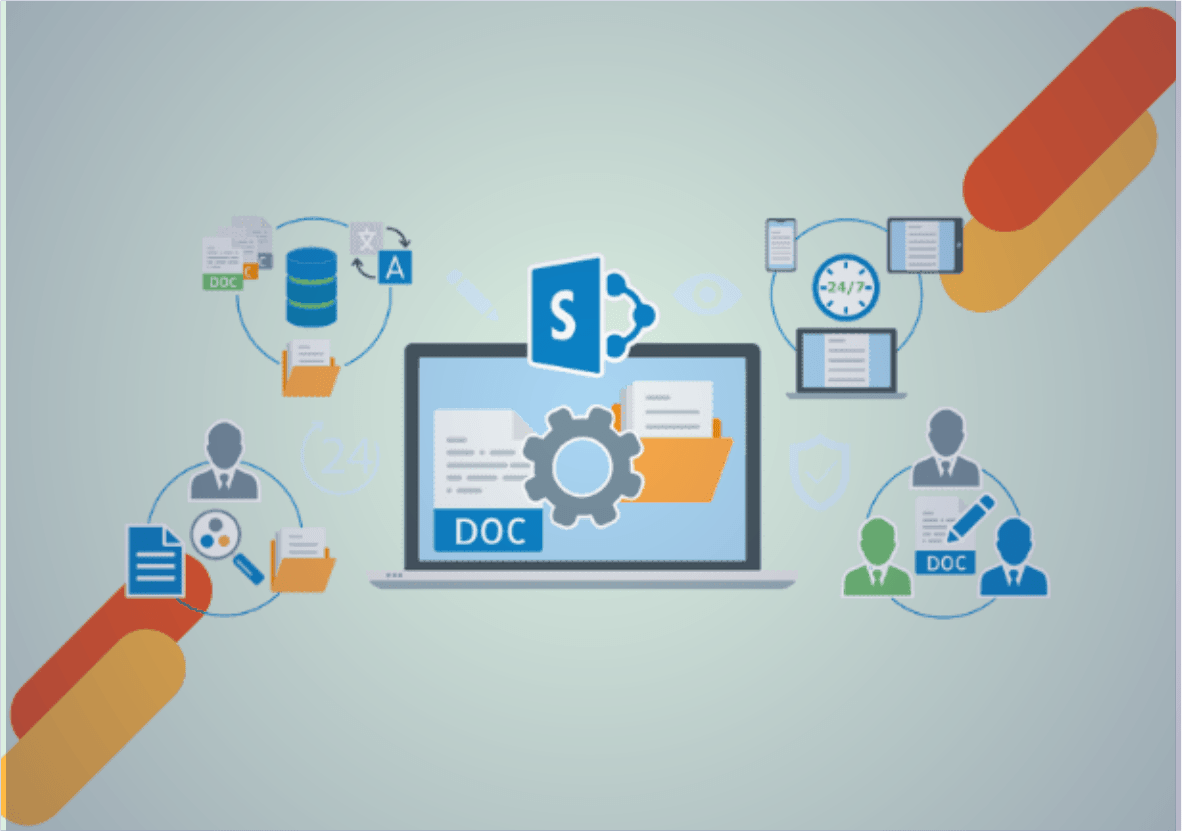Home Office Compliance Management
The notion of the classic office has changed significantly in today’s quickly changing workplace. The rise in remote work is a result of both shifting perspectives on work-life balance and technological improvements.
To maintain legal compliance, data security, and operational effectiveness, companies must prioritise compliance management even as they embrace remote work.
What is a Home Office Compliance Management ?
Home Office Compliance Management is the systematic strategy adopted by firms to guarantee that remote work environments, often known as home offices, conform with applicable legislation, standards, and internal policies.
It entails putting in place policies, procedures, and controls to reduce the risks associated with remote work, such as data breaches, regulatory infractions, and occupational health and safety issues. Overall, Home Office Compliance Management seeks to provide a secure, compliant, and productive work environment for remote employees while minimizing risks and providing organizational resilience in an increasingly distant work landscape.
Prioritizing compliance initiatives allows firms to meet legal requirements, protect sensitive data, and establish trust with workers, clients, and stakeholders in the digital era. This article examines the benefits of putting in place strong compliance management systems in home offices, looking at how they affect different facets of remote work.

1. Enhanced Data Security
One of the most significant advantages of home office compliance management is the improvement of data security measures. With employees accessing sensitive information via personal devices and home networks, the risk of data breaches increases.
Organizations that employ compliance management procedures can enforce strict security measures such as encrypted communications, multi-factor authentication, and frequent security audits. These safeguards not only protect confidential data, but also reduce the danger of cyber attacks, assuring business continuity and maintaining trust with clients and stakeholders.
2. Regulatory Adherence
In an increasingly regulated business environment, compliance with industry-specific regulations and legal requirements is imperative. Remote work introduces a myriad of compliance challenges, from labor laws to tax regulations, varying across jurisdictions.
Home office compliance management streamlines regulatory adherence by providing employees with clear guidelines and protocols. By centralizing compliance efforts, organizations can stay abreast of evolving regulations, minimize legal risks, and avoid costly penalties and fines.
3. Flexibility and Productivity
Contrary to conventional wisdom, effective compliance management fosters a culture of flexibility and productivity within remote work environments. By establishing transparent policies and procedures, employees gain clarity on their responsibilities and expectations, allowing them to structure their workdays efficiently.
Moreover, compliance management frameworks often integrate tools and technologies that streamline workflows, automate repetitive tasks, and facilitate collaboration. This not only enhances productivity but also promotes employee morale and job satisfaction, leading to improved performance and business outcomes.

4. Mitigation of Liability Risks
Home office compliance management serves as a shield against liability risks, protecting both employees and organizations from potential legal disputes. By documenting compliance measures and enforcing standardized protocols, organizations can demonstrate due diligence in safeguarding employee well-being and adhering to occupational health and safety standards.
Additionally, comprehensive compliance management frameworks include provisions for insurance coverage and risk mitigation strategies, offering financial protection in the event of unforeseen circumstances or workplace incidents.
5. Strengthened Corporate Governance
Effective governance is the cornerstone of organizational resilience and long-term success. Home office compliance management contributes to strengthened corporate governance by promoting transparency, accountability, and ethical conduct across all levels of the organization.
Through regular monitoring and reporting mechanisms, stakeholders can assess compliance performance, identify areas for improvement, and make informed decisions to mitigate risks and enhance operational efficiency. Moreover, adherence to compliance standards fosters trust among investors, shareholders, and regulatory bodies, bolstering the organization’s reputation and credibility in the marketplace.
6. Cost Savings and Resource Optimization
Implementing home office compliance management initiatives yields significant cost savings and resource optimization opportunities for organizations. By streamlining processes, reducing administrative overheads, and minimizing compliance-related errors and incidents, organizations can allocate resources more efficiently towards strategic priorities and business growth initiatives.
Moreover, compliance management frameworks enable organizations to leverage data analytics and insights to identify inefficiencies, optimize resource allocation, and drive continuous improvement in remote work practices.
7. Competitive Advantage and Market Differentiation
In today’s competitive landscape, organizations that prioritize compliance management gain a distinct competitive advantage and market differentiation. By showcasing a commitment to regulatory compliance, data security, and employee well-being, organizations can attract top talent, foster client trust, and differentiate themselves from competitors.
Moreover, compliance management initiatives serve as a testament to the organization’s commitment to ethical business practices, sustainability, and corporate social responsibility, resonating with socially conscious consumers and investors.
Conclusion
Home office compliance management is crucial, especially as remote work becomes more and more common in today’s business. Through proactive management of data security risks, regulatory obligations, and liability issues, enterprises may reap a multitude of benefits, such as increased efficiency, reduced expenses, and a competitive edge.
Furthermore, strong corporate governance is enhanced by rigorous compliance management systems, which promote responsibility, trust, and openness both inside the company and throughout the larger business community. Investing in home office compliance management becomes strategically vital as firms learn to negotiate the challenges of remote work. This will ensure success, resilience, and sustained development in an ever-changing environment.
































































